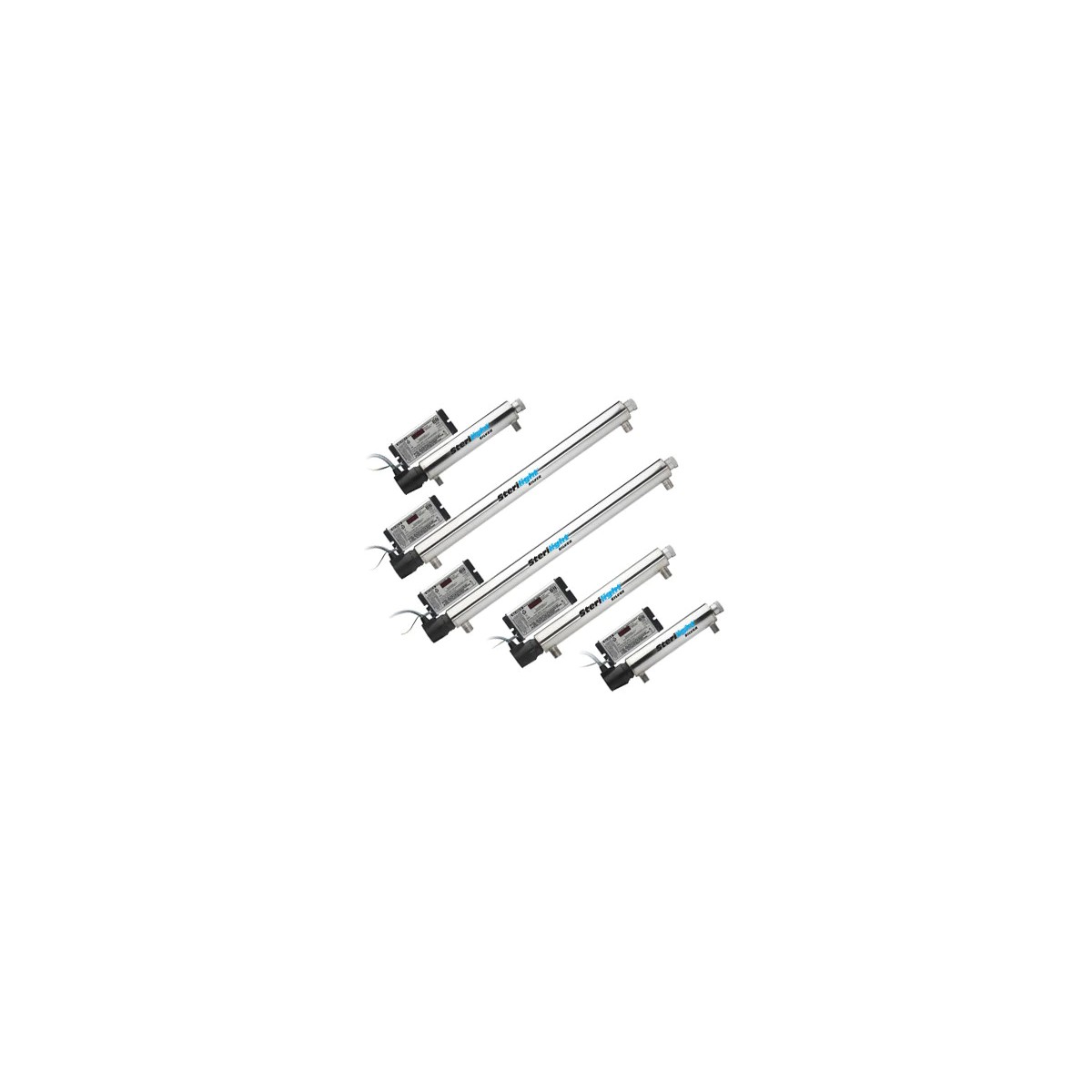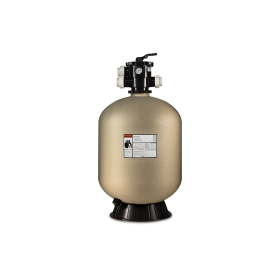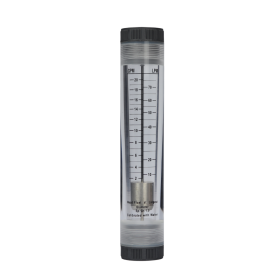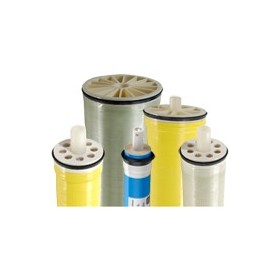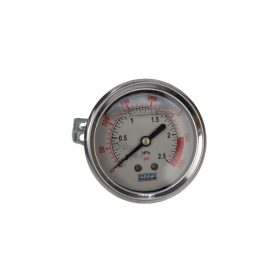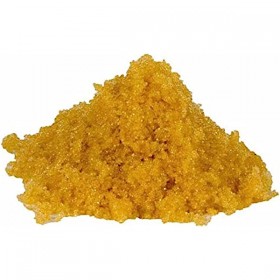Ultraviolet Disinfection System
Ultraviolet (UV) systems constitute an indispensable element within water treatment systems, employed for the disinfection of water through the utilization of ultraviolet light. These systems function by subjecting water to UV radiation, typically emitted by specialized UV lamps, which effectively neutralizes or eradicates microorganisms such as bacteria, viruses, and protozoa that may be present in the water.
In a UV water treatment system, water passes through a chamber containing UV lamps. These lamps emit UV light at a specific wavelength, typically 254 nanometers, disrupting the DNA and RNA of microorganisms. This disruption renders them incapable of reproduction or causing infections. Importantly, exposure to UV light does not alter the taste, odour, or colour of the water, making it an appealing method for disinfection.
UV systems are frequently employed in tandem with other water treatment methods, such as filtration, to provide a comprehensive approach to water purification. They demonstrate particular effectiveness against pathogens resistant to chemical disinfectants like chlorine, without producing harmful disinfection by-products.
Widely utilized across various sectors, including municipal water treatment plants, commercial and industrial facilities, UV systems offer an environmentally friendly and chemical-free means of water disinfection. Consequently, they ensure the delivery of safe and potable water for a multitude of purposes.
